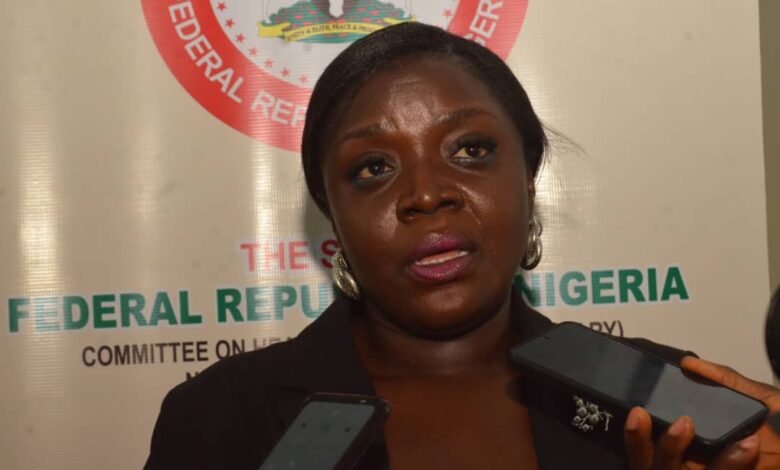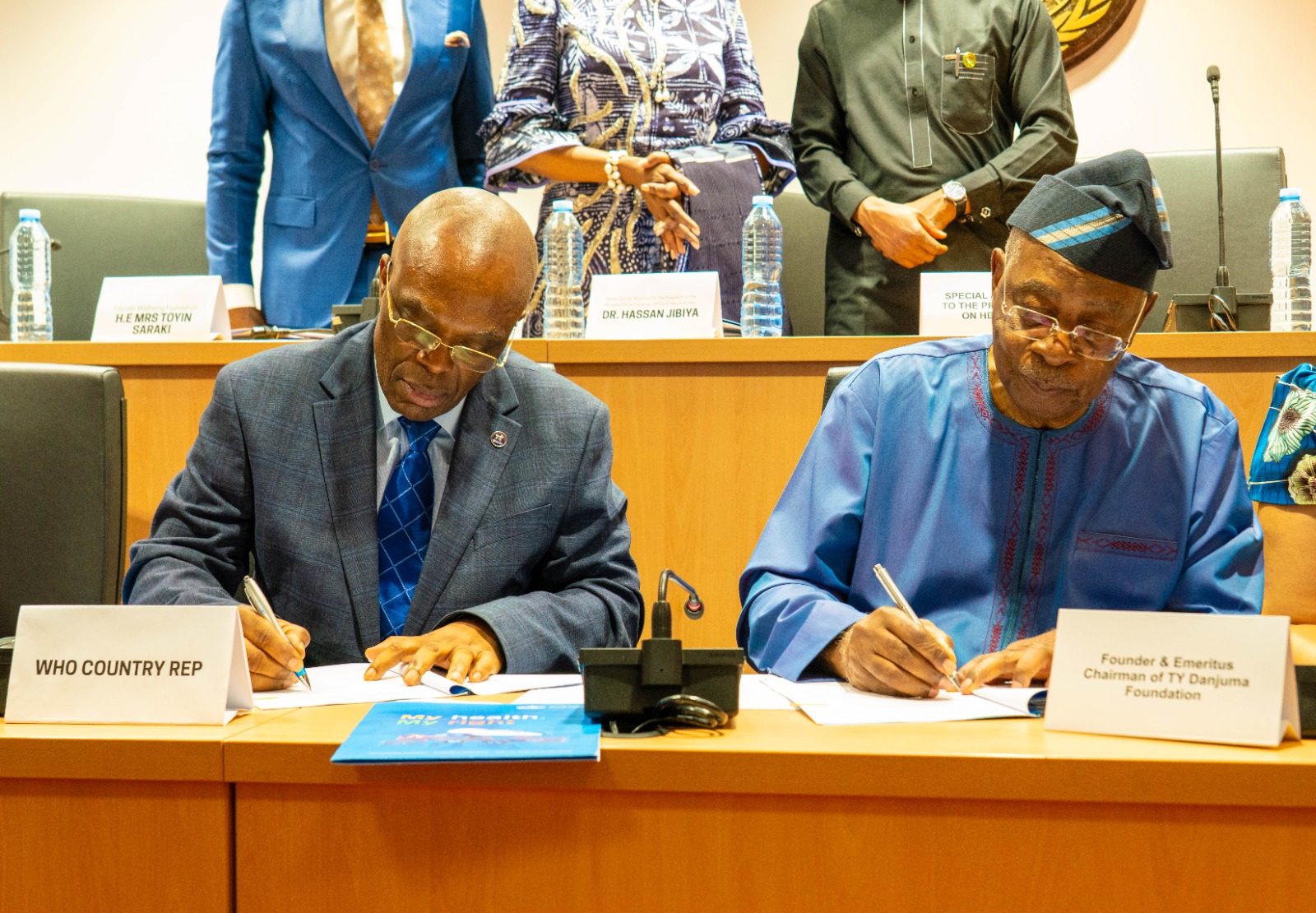
By Fatima Saka
Abuja, Nigeria — A coalition of nongovernmental organizations on Monday urged the National Assembly to swiftly pass the Sickle Cell Anaemia Disorder Research and Therapy Centre Establishment Bill (2025), describing it as a life-saving intervention that Nigeria can no longer delay.
The bill, sponsored by Senator Sunday Marshall Katung (Kaduna South), was the subject of a one-day public hearing convened by the Senate Committee on Health (Secondary and Tertiary), where stakeholders pressed for stronger national action against Nigeria’s sickle cell burden.
Speaking at the hearing, Gloria Mabeiam Ballason, Executive Director of the Molluma Yakubu Centre for Medical Law and Mass Atrocities Accountability, Kaduna, said the legislation represents an “existential conversation” for families affected by sickle cell disease across the country.
Ballason, who introduced herself as head of the Molluma Medical Legal Centre in Kaduna, said the organisation appeared before the Senate to support the legislation because the human cost of sickle cell disorder has been ignored for too long.
“We are talking about children who get caught up as victims without having any choice,” she said. “When we look at the number of people who have died and the families thrown into agony, there must be an answer to the tragedies that people continue to experience due to sickle cell.”
She stressed that Nigeria has the highest global burden of the disease, yet this is the first time the country is making a serious legislative attempt to address it structurally.
Calls for Stronger Research, Expert-Led Centres
Ballason backed the bill’s proposal for seven centres — one in each of the six geopolitical zones and one in the FCT — but emphasised that without strong research structures, the centres would not achieve their intended impact.
“This bill is seeking research centres, not just medical centres,” she said. “You cannot address the challenges without research. Even if the centres are created, without research, we won’t be making progress.”
She said her centre’s submission to the Senate recommends that the board be chaired by an expert in the field, and include geneticists, medical lawyers, medical laboratory experts and other relevant specialists to ensure the centres deliver tangible results.
A National Imperative
Describing the proposed law as both a moral and national necessity, Ballason told lawmakers that the bill must be prioritised as the country’s sickle cell burden continues to claim lives daily.
“The Sickle Cell Bill is more than legislation; it is a lifeline,” she said. “It represents our collective decision to replace silence with science, neglect with compassion, and despair with hope.”
She added that the legislation promises to create a structured national network for diagnosis, treatment, education and research, backed by sustainable funding and legal support — a shift from managing the disease to meaningfully improving the quality of life for those living with it.
“No More Needless Deaths”
Ballason urged the National Assembly to seize the moment and ensure Nigeria joins countries that have adopted comprehensive legal frameworks to protect vulnerable populations.
Maidoki Demands Legal Backing for Six Existing Sickle Cell Centres in Nigeria
“Let the National Assembly be remembered as the one that said, ‘No more needless deaths,’” she said. “Let this bill be passed for prevention, for hope, and for life.”
The Senate Committee is expected to review submissions and present its report to the full chamber for further legislative action.





